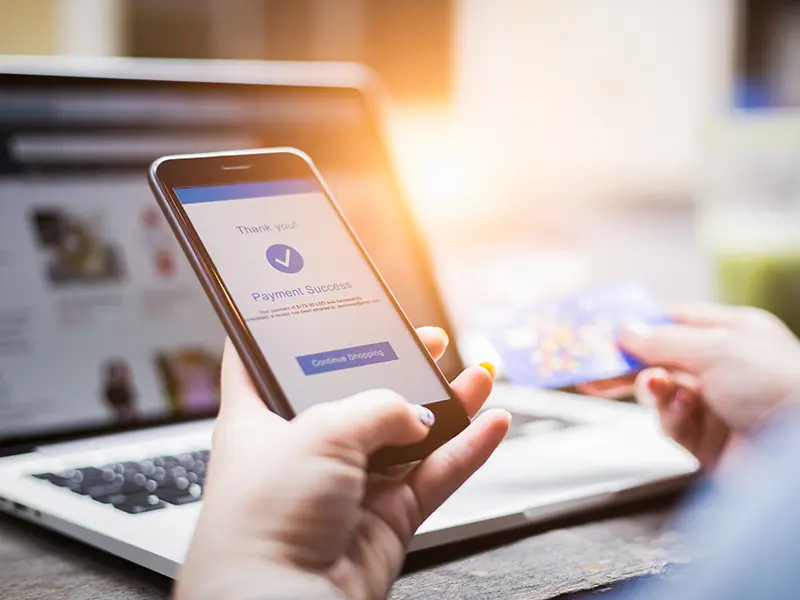Online Security
Online security is more important than ever before. People use the internet for banking, shopping, healthcare, and to keep up with family and friends. That's a lot of personal information being shared, and a lot of information hackers can use against you. There is a multitude of ways you can protect your device and your personal information online, including:
- installing and keeping your antivirus software updated;
- performing recommended updates and patches to your device and any apps or programs you use;
- using caution when connecting to public Wi-Fi (or not using it at all);
- creating unique passwords or passphrases for each account or site you use, and if available, using Two-Factor Authentication;
- only entering confidential information on trusted and secure (encrypted) sites;
- taking the time to consider the risk of clicking on a link or download from an email or webpage;
- examining the risk of any emails that ask for personal information, want you to act quickly or play on your emotions, or promise something that sounds too good to be true;
- limiting what you post on social media sites. Everything you put online, including vacation photos, important dates, or those games that have you answer a bunch of seemingly harmless questions about yourself, can provide clues for hackers or other online predators to take advantage of you; and
- monitoring your children's activity. Teach them about online safety early, and if necessary, turn on parental controls to protect shared devices and your children.
These suggestions are just the beginning for cybersecurity. To learn more, browse through the resources below.

For general cybersecurity information and tips:
- Cyber Safety for Adults (pdf)
- Cybersecurity Tips for Kids (pdf)
- Cybersecurity Best Practices (pdf)
- USAGov Scams and Frauds
- FBI Scams and Safety
- Microsoft Online Safety Information and Tips
- US Cybersecurity and Infrastructure Security Agency (CISA) Tips
- AARP Money Scams and Fraud
- Center for Internet Security (Daily Tips)
- Federal Trade Commission OnGuard Online
- FDIC: Consumer Protection Topics - Cybersecurity
If you have been a victim of Identity Theft or Fraud:
General Banking Sites:
Credit Reporting Agencies:
- Equifax: 1-800-685-1111 (www.equifax.com)
- Experian: 1-888-397-3742 (www.experian.com)
- Trans Union: 1-800-916-8800 (www.transunion.com)